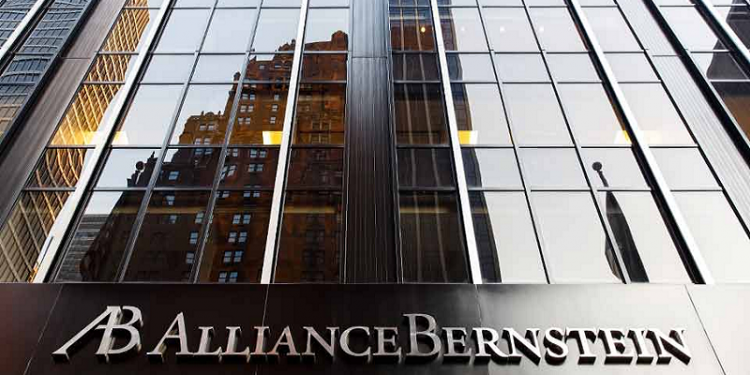Investment Opportunities in ESG Controversies
Global leading asset management company Alliance Bernstein (AB) found that there are potential investment opportunities in ESG controversies, which deserves close attention for sustainable investors.
AB believes that although sustainable funds usually avoid industries and companies with ESG controversies, they may obtain effective returns by focusing their investment on those targets that are currently controversial and have the opportunity to change in the future. This is because highly rated companies may have been unable to make much change, while lower rated companies may provide higher returns after development.
Empirical Results of Changes in ESG Ratings
AB found that when a company’s ESG rating changes, its return will also change. Taking the MSCI Global Index as the benchmark, an ESG rating upgrade will increase the company’s stock price by 0.36% relative to the benchmark in the next twelve months, while a ESG rating downgrade will cause the company’s stock price to underperform the benchmark by 1.33%. Therefore, if investors can identify companies with potentially improved ESG ratings, higher returns are possible.
For companies with ESG controversies, the probability of their rating changes is higher. While this change could be up or down, the global net-zero movement has already got more companies into action. However, low-rated companies also face increased funding costs – and many financial institutions employ these negative incentives to demand change. Some studies have found that such requirements will weaken the motivation of low-rated companies to improve ESG ratings, and cannot produce the expected results. This approach needs further considerations by investors.
Related Post: Will ESG Investing Lead to an Increase in Global Carbon Emissions?

Asset Mismatches in Sustainable Funds
AB’s also mentions the asset misallocation of sustainable funds, which allocate too many high-rated companies, and these companies actually generate far less carbon emissions than low-rated companies. From 2016 to 2022, the utility industry contributed more than 60% of the carbon emission reduction, but sustainable funds still underweight this industry (compared with the weight of MSCI ACWI Index). Other underweighted industries are energy (-5.6%), communications (-3.4%) and real estate (-2.5%). They are important targets for future carbon reduction activities.
AB believes that if sustainable funds support the ESG transition of these industries, they may be able to achieve higher returns and still meet the investment objectives. These neglected ESG opportunities come from some companies that may be upgraded in ratings, as well as factors such as technological innovations that have been ignored by the market. Therefore, simply excluding some low-rated companies or companies with high carbon emissions is not the best choice.
Reference:








